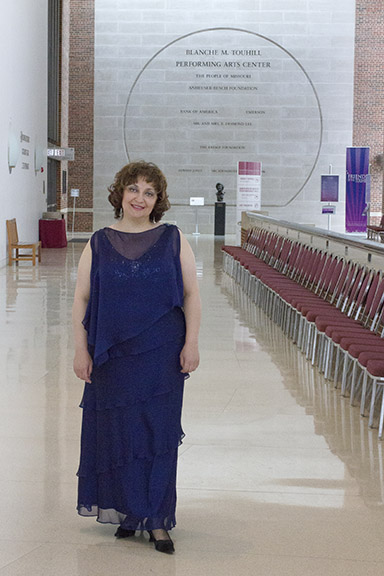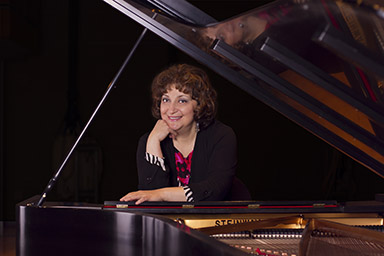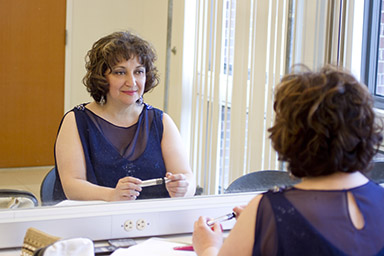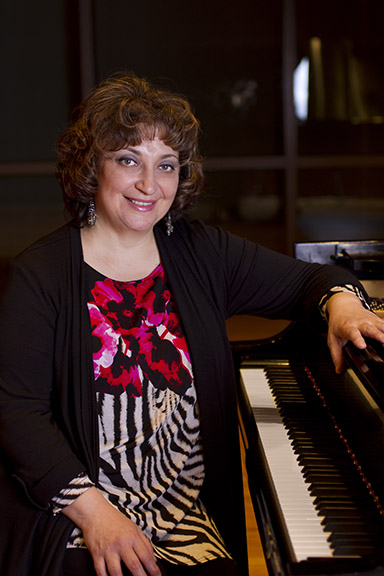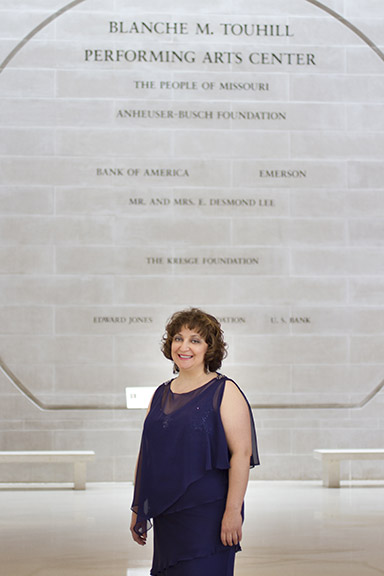Teaching Philosophy
My philosophy of teaching is based on my personal rich teaching experience (more than 30 years of teaching individual piano lessons as well as performance/pedagogy/ accompaniment classes in both Russia and USA), on my extensive performing experience (both solo and collaborative), and on my thoughts and reflections.
First of all, I am convinced that it is enormously beneficial for my students to have a piano professor who is also a performer.
Performing is an essential part of my life. Working on new programs, performing and collaborating with composers, conductors, instrumentalists, and vocalists, performing on different stages, going through the learning process every day reminds me what it is like to be a student. I remember very well the first year of my undergraduate studies when my teacher worked with me on Pictures at an Exhibition by Modest Mussorgsky and it became clear to me that this is what I want to do my whole life, this is my real passion.
As a teacher, I want to be an inspiration to my students; I want to teach them how to practice effectively, how to be disciplined and organized, but even more importantly, to enjoy the process of learning, a life-long process that makes you not only a better pianist, better musician, but also a better thinker, a much deeper person.
One of my most important goals for my students is the development of their love and appreciation for art in a wide sense. I encourage them to do research on music they play, on composers they study; I help them to track the connections and influences in music and painting, and music and literature; I advise them to visit art museums, art galleries, and dance concerts along with symphonic or instrumental/vocal/chamber music concerts.
My goal is to help my students to develop personally, not only musically or intellectually. I want them to grow into ambassadors of music, art, and culture.
My piano studio is very diverse. I have students from China, Bosnia, and South Korea, among others. Students come with different backgrounds, experiences, different ages, and work ethics.
I learned from the years of experience that what makes for success is individualized attention. In my early years of teaching I tried many methods and method books, but gradually came to the conclusion that the best method book is no method book. In my lessons these days I use a compilation of methods and my own teaching experience. I “create “a method for each individual I am working with.
My students know that I have high expectations for them. I make it clear to them in our lessons and classes. They also know that each one of them is different and I will look at those differences with all my attention and help them to turn their weaknesses into strengths.

